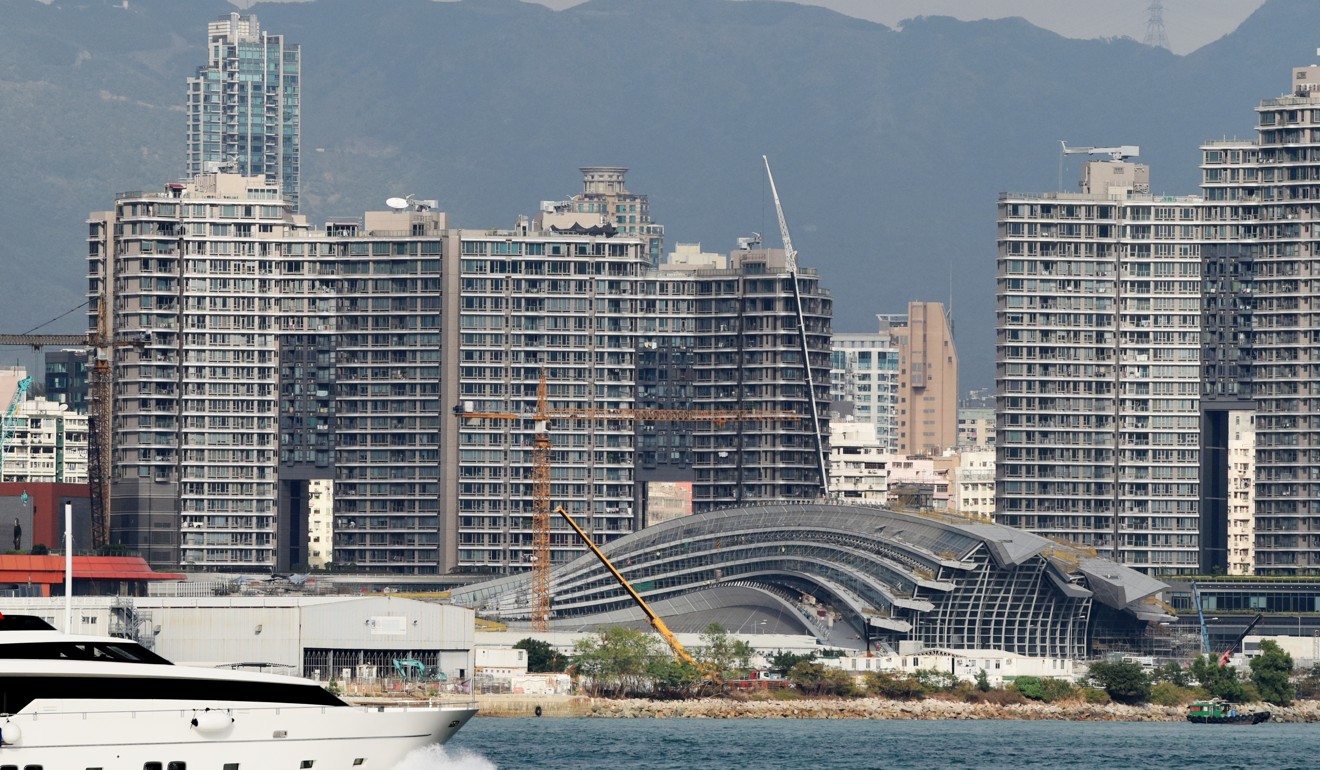
Protesters face hitting the buffers at Hong Kong rail terminus
Under the joint checkpoint deal at West Kowloon, demonstrators in the mainland port area risk being arrested and paying the consequences
Our best legal minds can argue till kingdom come whether the joint checkpoint being planned for the high-speed rail terminus in West Kowloon is constitutional or not.
But it is a done deal. Even if the opposition wins back four seats in the March by-election, it still doesn’t have the number to veto it in the Legislative Council.
No doubt it will use all filibustering and delaying tactics available – much weakened, though, now that Legco house rules have been changed – to stall as long as it can. But it’s a losing battle.
The more interesting question is: what’s next?
Here, the stakes are high. Suppose the rail link meets deadline and opens in the third quarter next year. How will the Hong Kong government, mainland law enforcement at the terminus, and opposition groups react?
Until the so-called co-location arrangement was finalised and announced this summer, the government had long given the impression that mainland officers would not detain and arrest people by applying mainland laws.
Now, it appears they can and will do so within the “mainland port area”. But, presumably, this does not legally preclude handing over suspected offenders back to Hong Kong authorities if they so choose.
When the terminus is open, opposition groups can either stage protests in or outside the mainland port area. If outside, it will have far less symbolic significance, unless it can rally a large number of people.
But given a majority of public support for “co-location”, at least according to a recent Chinese University survey, that’s unlikely.

Protesting inside the mainland port area will be highly significant but they will risk being arrested and face the consequences such actions entail.
They will have to decide how far they are willing to test mainland patience and risk their own liberty.
However, at least for now, a softly-softly approach by mainland authorities is likely, in which case mainland officers will hand over protesters they detain back to Hong Kong.
Under this scenario, mainland authorities may also refrain from using the port area to arrest or detain people of interest, such as those booksellers, unless absolutely necessary.
This is not just to give face to the Hong Kong government, but to build public confidence in the joint checkpoint system.
On the other hand, given Beijing’s current hardline attitude, it’s possible that all bets are off.

